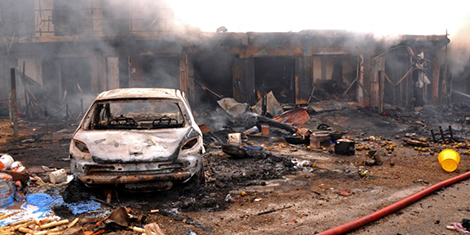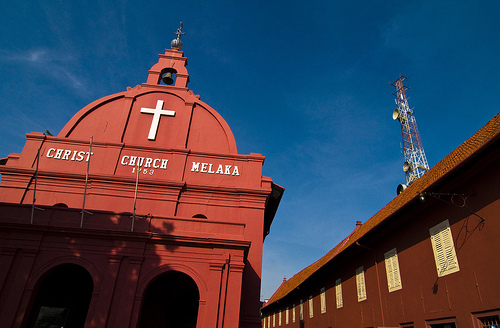
This article was originally published by Political Violence @ a Glance on 23 May 2018.
Ongoing civil wars in Syria, Mali, Afghanistan, the Philippines, Thailand, and Uganda illustrate the need to better understand religious dimensions of armed conflicts. In a recent article published in Journal of Conflict Resolution, we provide new data on religion and conflict worldwide – during the time period 1975-2015 – which can help inform our understanding of the religious dimensions of armed conflicts. Drawing on the data and findings presented in that article, we shed light on three widely held beliefs concerning religious conflicts.

